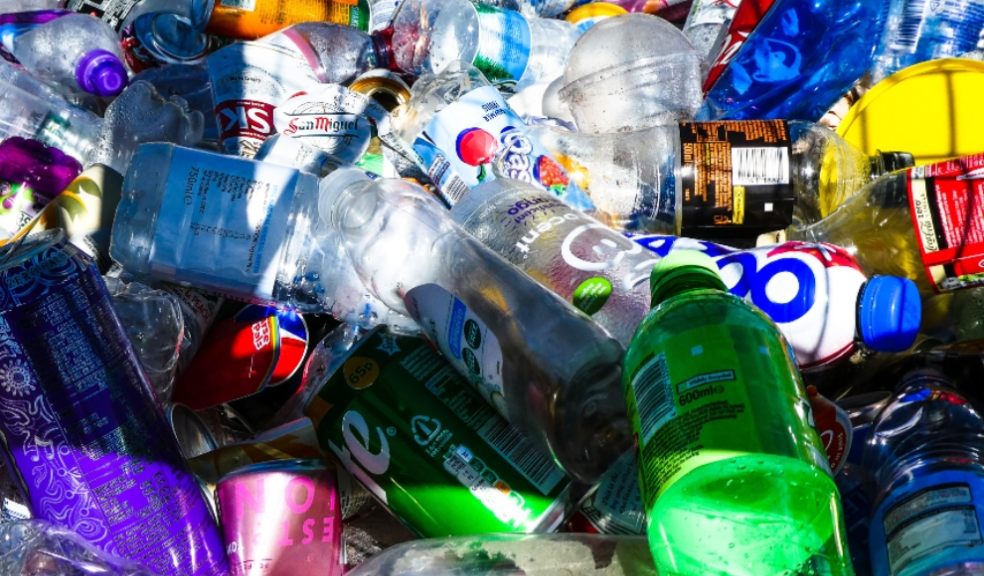
Two thirds of Brits say they'd recycle more if it was easier
New research from Magnet has revealed just how much recycling means to the nation, with over half (54%) of people saying that they recycle more now than they did two years ago.
Despite this, 60% of us say we would recycle more than we currently do, if the process was easier, with many finding the idea of storing and sorting waste items for recycling off-putting.
Magnet has shared how we can make small, impactful changes in our kitchens, to help encourage recycling in the home.
Think outside the cardboard box
When we think of items to recycle in the kitchen, containers such as milk cartons and food tins spring to mind. There is actually a whole host of waste that comes from the kitchen that can be recycled.
Small amounts of cooking oil, fats, and plate scrapings of fatty foods can be added to your food waste recycling service, if you have one, and can even be processed into into second-generation biodiesel. It’s always worth checking your local council website for the latest information on what you can recycle in your area.
Alternatively, consider donating unwanted pots and pans to a charity shop or local cause that may be in need of them to avoid sending to landfill.
Consider compartmentalised bins
According to recent Google trends data, searches for ‘Recycle bins for kitchen’ have increased by more than 130% in the past year. By opting for a compartmentalised bin, it is a simple and efficient way to sort items as you go. In-cupboard bins are recommended for those who wish to keep rubbish out of sight, and out of mind, yet still have easy access in the kitchen rather than needing to walk through to another room such as a utility or garage.
Upcycle unused or unwanted items
Perhaps the more exciting recycling trend, upcycling is a creative and innovative way to turn unused items into something new. There are lots of options within the kitchen, from creating table centrepieces using an old Kilner jar, to repurposing food storage tins and containers to create decorative pieces such as candle holders.
Even furniture can be upcyled; if you have something from another room that you’re intending to throw away, why not give it a lick of paint and utilise in the kitchen instead? There may be a misconception that upcyling can look shabby, or homemade, but with some carefully considered design, an upcycling project can be impressive whilst also helping the planet. Alongside being sustainable, you can also save a lot of money by avoiding buying new.
Design a new kitchen with recycling in mind
If a new kitchen is an option for you, consider adding recycling and eco-friendly solutions within your design. Incorporating pull-out or compartmentalised bins within your storage solutions will help make the process of recycling easier, whilst factoring in energy-saving appliances such as boiling water taps can also reduce your kitchen’s impact on the environment. Opt for a kitchen that is built to last and made from high-quality, recycled materials – by investing in a better quality kitchen, it will have longevity over other, cheaper-made options.
If you want to improve the way you recycle and are looking for ways to create an eco-friendly kitchen, Magnet is on hand to help you create an environmentally-friendly space that you love. Head to the website for further details on how to be more eco-friendly in the kitchen.













